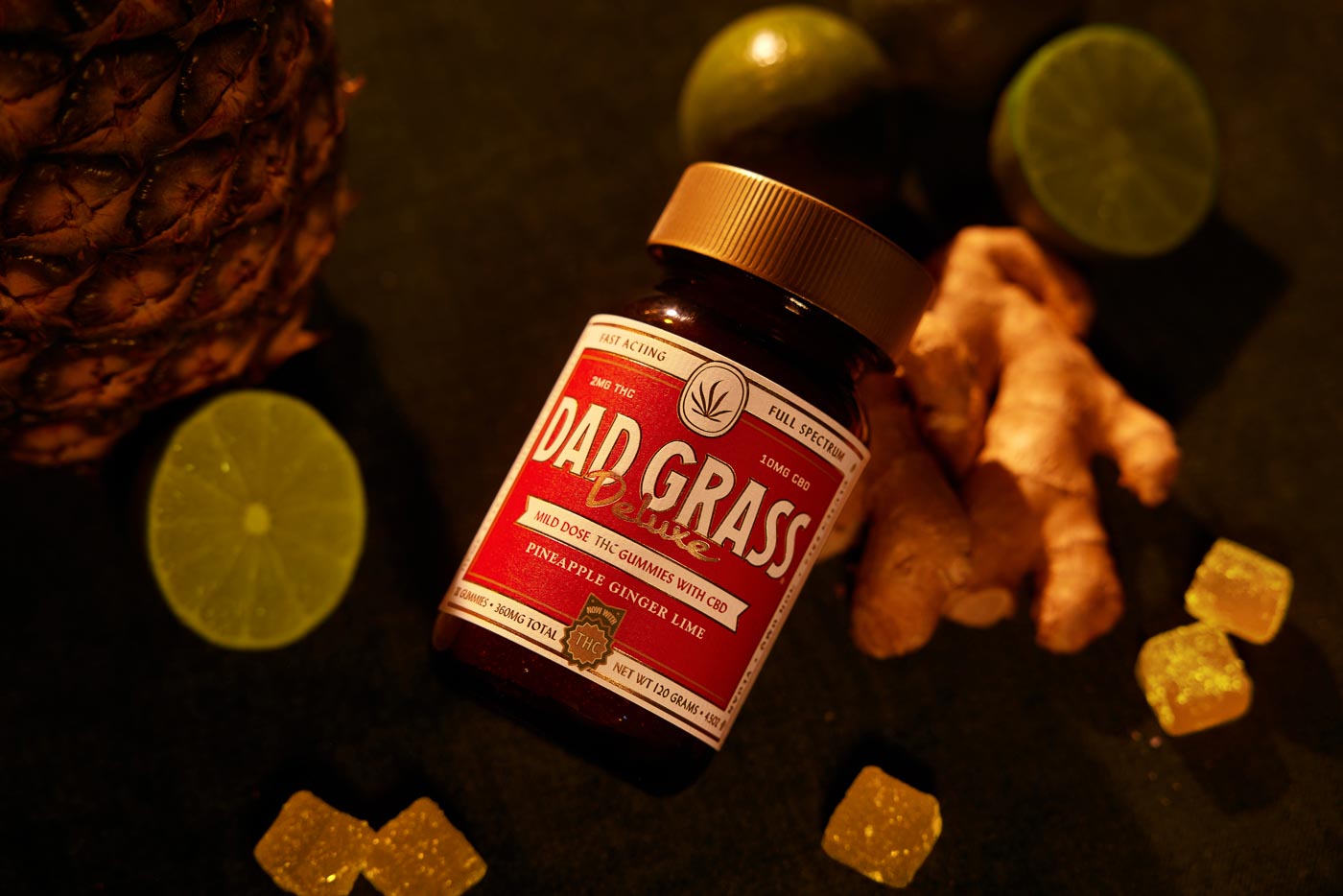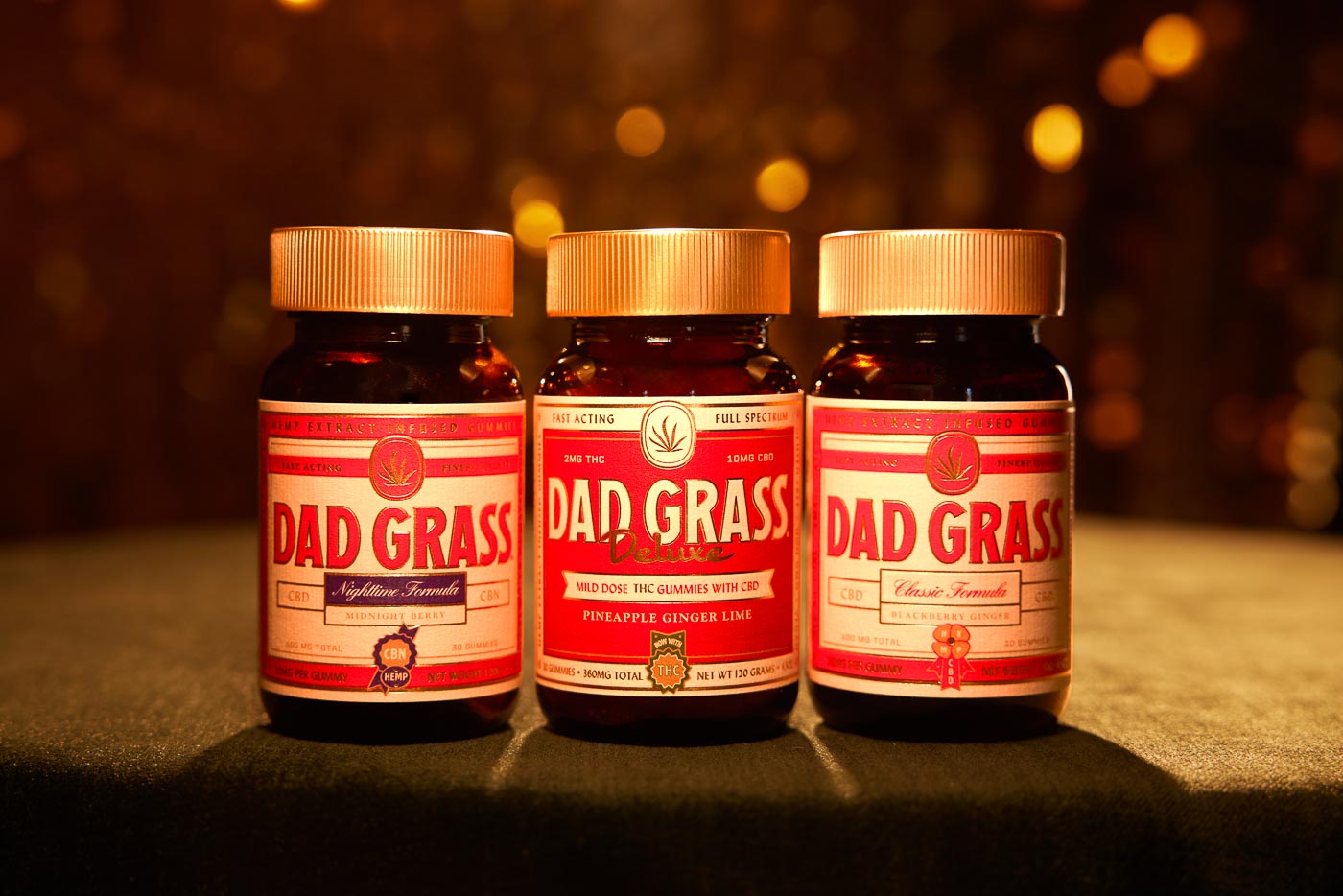Introduction:
"D9thc (Delta-9-tetrahydrocannabinol) is a cannabinoid found in cannabis (Cannabis sativa). The psychoactive effects of cannabis are mainly due to D9THC. There are over 80 cannabinoids in Cannabis sativa, but D9thc and cannabidiol (CBD) are the most well-studied."
In the rapidly growing perspective of wellness and alternative medicine, cannabinoids like Delta-9 Tetrahydrocannabinol (D9 THC) and Cannabidiol (CBD) have gained significant attention. These compounds, found in the Cannabis plant, are known for their diverse therapeutic effects on the human body.
Understanding D9 THC:
Explanation of Delta-9 Tetrahydrocannabinol (D9 THC)
Delta-9 Tetrahydrocannabinol, commonly known as D9 THC, is a psychoactive compound found in the Cannabis plant. Its psychoactive properties are responsible for the "high" commonly associated with marijuana use. Delta 9 THC interacts with the endocannabinoid system in the human body, specifically binding to CB1 receptors in the brain and central nervous system.
Its psychoactive properties
This interaction has various physiological and psychological effects, including altered perception, mood changes, and increased appetite.
Where D9 THC is found naturally, such as in cannabis plants
Cannabis plants produce a variety of cannabinoids, and D9 THC is one of the primary compounds found in marijuana. The concentration of D9 THC in cannabis strains can vary widely, with some strains explicitly bred for higher THC content.
Is Delta-9 THC Legal in Texas?
Navigating the legal status of D9 THC, especially in Texas, has been a subject of ongoing discussion and change. The state has historically enforced stringent regulations on marijuana, including cannabis strains rich in D9 THC. As of 2024, the legality of Delta-9 THC in Texas remains nuanced.
Effects on the Body:
Exploring how D9 THC Interacts with the Endocannabinoid System
To comprehend the effects of Delta-9 THC on the body, it's crucial to delve into its interaction with the endocannabinoid system (ECS). The ECS is fundamental in maintaining homeostasis, that regulates various physiological processes such as sleep, mood, appetite, and immune response.
When D9 THC enters the body, it ties to CB1 receptors in the brain and central nervous system. This interaction mimics the effects of the endocannabinoids produced naturally by the body. The CB1 receptors are concentrated in brain areas associated with coordination, movement, sensory perception, and cognitive function. Consequently, the binding of D9 THC to these receptors leads to the array of effects commonly associated with marijuana use.
Overview of the Psychoactive Effects
The psychoactive effects induced by Delta-9 THC are perhaps the most widely recognized aspects of cannabis consumption. Users often experience alterations in perception, including changes in time and sensory perception, such as intensified colors and sounds. The mood-altering effects can range from euphoria and relaxation to heightened creativity and sometimes anxiety.
Additionally, D9 THC is known for its impact on memory and concentration. Short-term memory impairment is a common side effect, often referred to colloquially as "cannabis-induced short-term memory loss." This can make tasks that require focus and attention more challenging during the acute effects of D9 THC.
The psychoactive effects of D9 THC are dose-dependent, meaning that higher concentrations or doses typically result in more pronounced and potentially intense effects. This variability in response underscores the importance of understanding individual tolerance levels and exercising caution, especially for those new to cannabis consumption.
While the psychoactive effects of D9 THC contribute to its recreational appeal, they also have therapeutic potential. Some individuals seek cannabis products with higher THC content to address conditions like chronic pain, nausea, and muscle spasms. However, working closely with healthcare professionals is crucial to maintain therapeutic benefits and potential side effects.
Explanation of Cannabidiol (CBD):
Cannabidiol, commonly known as CBD, stands in stark contrast to its psychoactive counterpart, Delta-9 THC. CBD is another prominent cannabinoid found in the Cannabis plant, celebrated for its therapeutic potential without inducing the euphoric "high" associated with D9 THC. This compound has gained popularity for its diverse range of potential health benefits.
Where CBD is Found Naturally, Including Hemp Plants:
CBD is found naturally in both marijuana and hemp plants, which are different varieties of the Cannabis sativa species. While marijuana is cultivated for its higher THC content, hemp is bred to have lower THC levels, making it a rich source of CBD. 2018 Farm Bill in the US legalized the cultivation of hemp-derived CBD, further emphasizing its non-psychoactive nature.
Knowing How CBD Interacts with the Endocannabinoid System:
Similar to D9 THC, CBD interacts with the endocannabinoid system but in a different way. Rather than binding directly to CB1 receptors in the brain and central nervous system, CBD has a more indirect influence. It modulates the endocannabinoid system by enhancing the activity of endocannabinoids, inhibiting enzymes that break them down, and interacting with various receptors, particularly CB2 receptors associated with the immune system.
Highlighting the Structural Differences Between D9 THC and CBD:
The stark structural differences between Delta-9 THC and CBD contribute to their distinct effects. While both compounds share the same molecular formula (C21H30O2), their atoms are arranged differently. This seemingly small difference results in significant variations in how they interact with the endocannabinoid receptors of the body, leading to disparate physiological effects.
Contrasting the Psychoactive Effects of D9 THC with the Non-Psychoactive Nature of CBD:
In stark contrast to D9 THC, CBD is non-psychoactive. This means that consuming CBD doesn't induce the characteristic "high" associated with marijuana use. People seeking the potential therapeutic benefits of cannabis without the altered state of mind often turn to CBD products.
The non-psychoactive nature of CBD makes it an attractive option for those looking to harness the potential health benefits of cannabinoids without the cognitive impairment associated with D9 THC. As a result, CBD has found its way into many wellness products, ranging from oils and tinctures to edibles and topicals.
Understanding the distinctions between D9 THC and CBD is crucial for making informed choices about cannabis consumption. Whether for recreational or therapeutic purposes, individuals can tailor their cannabinoid intake based on desired effects, legal considerations, and personal preferences. As the landscape of cannabis research continues to unfold, so too does our understanding of the intricate interplay between cannabinoids and our human body.
Discussing the Legal Status of D9 THC and CBD:
Overview of Current Legal Landscape
The legal status of D9 THC and CBD is a complex and evolving matter that varies widely across jurisdictions. While many states have moved towards legalizing both medical and recreational cannabis, the legal status remains nuanced, especially at the federal level.
In the case of D9 THC, its legality is often bind to the legal status of marijuana. The states where medicinal or recreational marijuana is legal may permit the use of D9 THC, provided it falls within the specified legal limits. In contrast, CBD, derived from hemp, has seen a more favorable legal outlook after the 2018 Farm Bill, that legalized the cultivation and sale of hemp-derived CBD products on a federal level.
Legal Considerations for D9 THC in Texas
Returning to our Texas-focused inquiry, the keywords "Is Delta nine legal in Texas" and "Delta 9 Texas" underscore the ongoing legal considerations surrounding Delta-9 THC within the state. As of 2024, Texas maintains stringent regulations on marijuana, and while there have been legislative discussions, full-scale legalization has not yet occurred.
Overview of Medical Conditions Where D9 THC or CBD May Be Beneficial:
Therapeutic Potential of D9 THC
D9 THC promises to address various medical conditions, particularly those related to pain management, nausea, and muscle spasms. Medical marijuana programs in states where it's legal often include D9 THC-rich products for patients with qualifying conditions.
The Diverse Therapeutic Applications of CBD
CBD, on the other hand, has a broad range of potential therapeutic applications. Research suggests its efficacy in managing conditions such as anxiety, epilepsy, chronic pain, and inflammation. Epidiolex, an FDA-approved medication, utilizes CBD as a treatment for certain forms of epilepsy.
Discussion on the Recreational Use of D9 THC and the Absence of Such Effects in CBD:
Recreational Use of D9 THC
The psychoactive effects of D9 THC contribute to its recreational appeal. Individuals seeking a euphoric experience or relaxation often turn to marijuana products with higher THC content.
Non-Psychoactive Nature of CBD
CBD, in contrast, does not produce psychoactive effects, making it an attractive choice for people who want to experience the potential health benefits of cannabis without cognitive impairment. CBD is often preferred by individuals seeking relief from various conditions without the characteristic "high" associated with marijuana.
Highlighting Legal Considerations for Both D9 THC and CBD:
Navigating Legal Considerations
Consumers must navigate legal considerations when choosing D9 THC or CBD products. Understanding the legality of these substances in their specific region is important to ensure compliance with local laws.
Importance of Staying Informed
As legislative landscapes evolve, individuals must stay informed about changes in cannabis regulations, ensuring responsible and legal consumption.
Discussing Potential Side Effects Associated with D9 THC and CBD:
The psychoactive nature of D9 THC can lead to side effects such as impaired coordination, altered perception, and short-term memory loss. It may also exacerbate anxiety in some individuals.
Potential Side Effects of CBD
CBD is generally well-tolerated, but some individuals may experience some side effects, such as changes in appetite, fatigue, diarrhea, etc. It's crucial to note that CBD can interact with certain medications, emphasizing the importance of consulting with healthcare professionals before incorporating it into one's wellness routine.
To Conclude
The distinction between D9 THC and CBD extends beyond their psychoactive properties. Legal considerations, potential therapeutic applications, and associated side effects contribute to the complex landscape of cannabis-related products. As research continues and societal attitudes evolve, a nuanced understanding of D9 THC and CBD allows people to make informed decisions aligned with their health and legal considerations.




